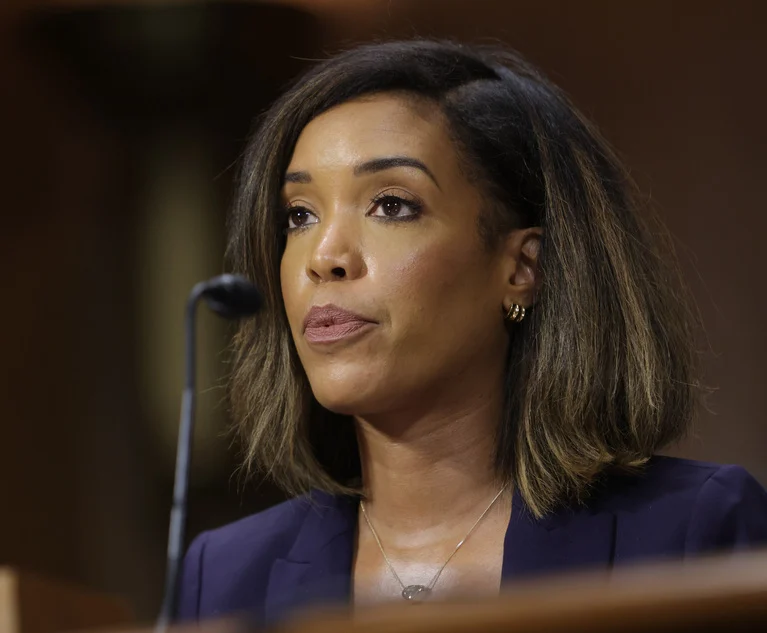In a closely watched legal showdown that could reverberate across the nation, a U.S. district court has delivered a decisive ruling involving the complex intersection of immigration enforcement and state sovereignty. The case, filed earlier this year by the Trump administration’s Department of Justice, marks the first in a series of federal efforts challenging state and city laws perceived as barriers to federal immigration authority.
The ruling, delivered by a Biden-appointed judge, could affect numerous similar lawsuits filed against other major jurisdictions. At stake in the case was whether states can legally refuse to aid in federal immigration enforcement—an issue that has divided lawmakers, legal scholars, and the public for years.
Supporters of strong federal immigration enforcement argue that sanctuary policies undermine national security and place undue risks on law enforcement officers. Critics counter that states and cities have the constitutional right to determine how local law enforcement operates and interacts with federal agencies. These tensions have repeatedly led to legal challenges, with federal courts often asked to weigh in on the balance of power between state and federal governments.
The current case stems from Illinois state laws and Chicago city ordinances that limit local cooperation with U.S. Immigration and Customs Enforcement (ICE), such as refusing to share information about an individual’s custody status or release date. The Department of Justice, under the Trump administration, contended that these sanctuary policies obstruct federal law and should therefore be invalidated. The case also named Illinois Governor JB Pritzker as a defendant, raising the stakes for state leaders.
But in a 64-page ruling released Friday, U.S. District Judge Lindsay Jenkins rejected the Justice Department’s claims. The court found that compelling state and local officials to carry out federal immigration mandates would violate the Tenth Amendment of the U.S. Constitution, which limits federal authority over state governments.
While federal law allows states and localities to voluntarily assist in immigration enforcement, the court emphasized that no law requires them to do so. In doing so, Jenkins cited longstanding U.S. Supreme Court precedent stating that the federal government cannot “commandeer” local or state officials to enforce federal policy. This legal principle has served as a constitutional guardrail for decades, particularly in areas where the federal-state divide is stark.
The judge also dismissed the DOJ’s claim that Illinois’ laws unfairly discriminated against the federal government. Further, she ruled that the inclusion of Governor Pritzker as a defendant was improper, especially since the DOJ itself acknowledged it had no legal grounds to name him directly in the lawsuit. As a result, he was formally dismissed from the case.
Illinois is not the only state facing such legal pressure. Similar lawsuits have been launched against cities in California, New Jersey, and New York, all of which have enacted varying forms of sanctuary legislation. In fact, a comparable lawsuit filed against California in 2018 resulted in a federal appeals court siding with the state, reinforcing the legal precedent Judge Jenkins cited in her decision.
Interestingly, previous efforts by the federal government to punish sanctuary jurisdictions by withholding federal funding were also challenged in court and remained unresolved for years. In 2021, under the Biden administration, the DOJ ultimately asked the Supreme Court to dismiss those cases, effectively halting further legal scrutiny of the funding issue.
While the Trump administration’s DOJ is expected to appeal Jenkins’ decision, the ruling underscores the continuing debate over immigration and the legal authority of states. As the political climate remains sharply divided on immigration, this ruling serves as a critical touchpoint in defining the scope of federal power—and its limits.
Meanwhile, the Justice Department continues to pursue new legal avenues. In a separate case, Attorney General Pam Bondi announced a lawsuit against New York officials, including Governor Kathy Hochul and Attorney General Letitia James, over state policies that allegedly shield illegal immigrants. At a recent press conference, Bondi criticized New York’s “Green Light” laws, which allow undocumented immigrants to obtain driver’s licenses and limit federal access to state DMV records.
Bondi vowed to hold states accountable for refusing to comply with federal immigration laws, warning, “It stops today.”
As more cases unfold, all eyes remain on the courts—and how they interpret the limits of power in a deeply polarized era.

Emily Johnson is a critically acclaimed essayist and novelist known for her thought-provoking works centered on feminism, women’s rights, and modern relationships. Born and raised in Portland, Oregon, Emily grew up with a deep love of books, often spending her afternoons at her local library. She went on to study literature and gender studies at UCLA, where she became deeply involved in activism and began publishing essays in campus journals. Her debut essay collection, Voices Unbound, struck a chord with readers nationwide for its fearless exploration of gender dynamics, identity, and the challenges faced by women in contemporary society. Emily later transitioned into fiction, writing novels that balance compelling storytelling with social commentary. Her protagonists are often strong, multidimensional women navigating love, ambition, and the struggles of everyday life, making her a favorite among readers who crave authentic, relatable narratives. Critics praise her ability to merge personal intimacy with universal themes. Off the page, Emily is an advocate for women in publishing, leading workshops that encourage young female writers to embrace their voices. She lives in Seattle with her partner and two rescue cats, where she continues to write, teach, and inspire a new generation of storytellers.









